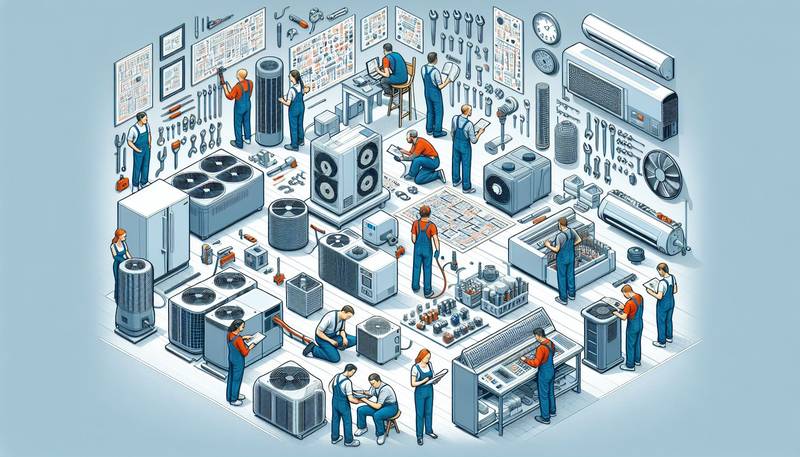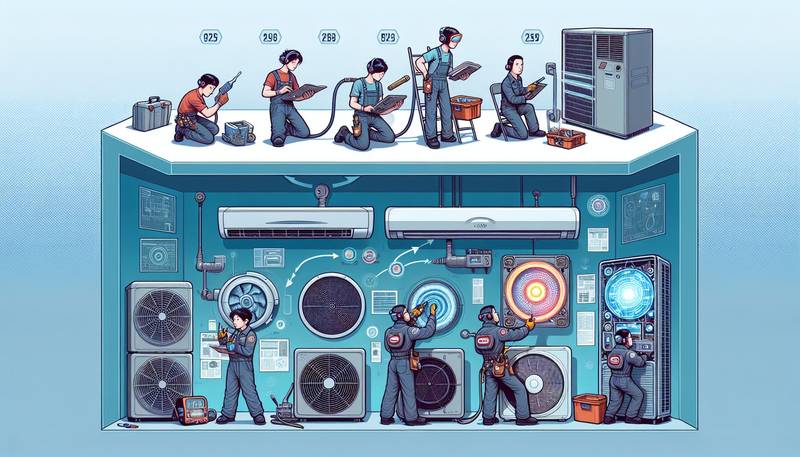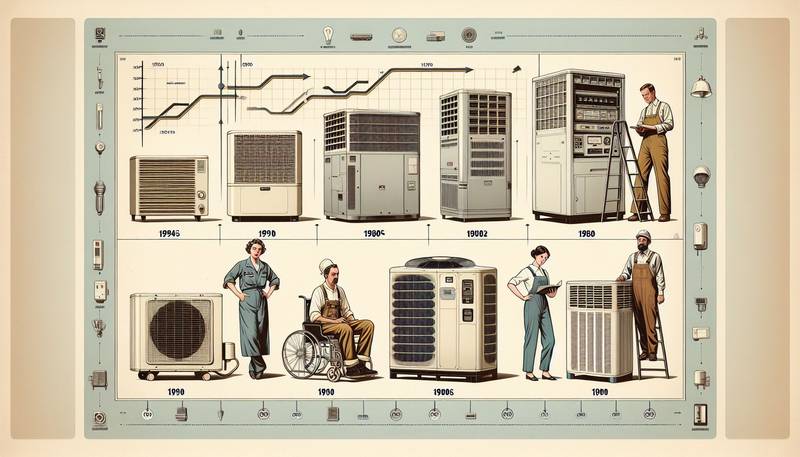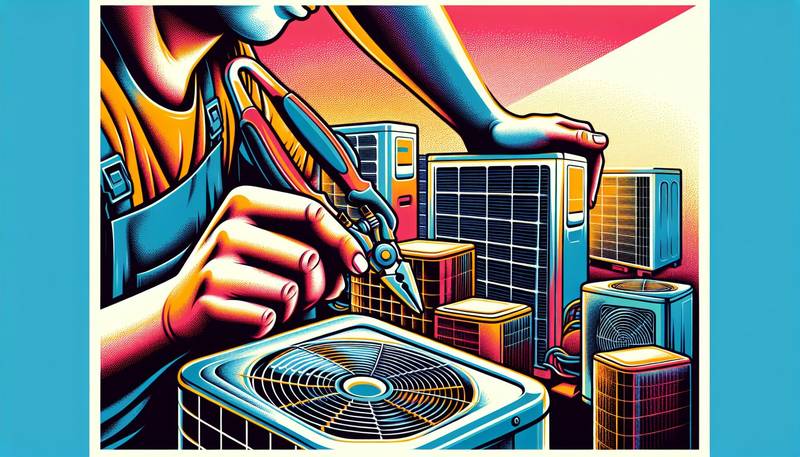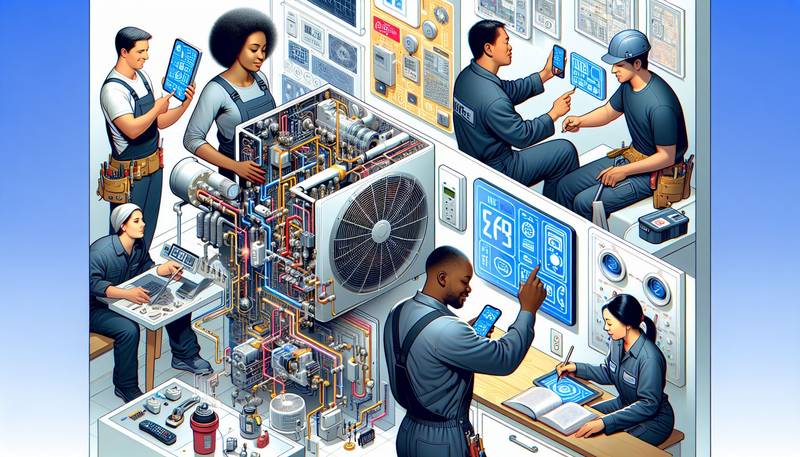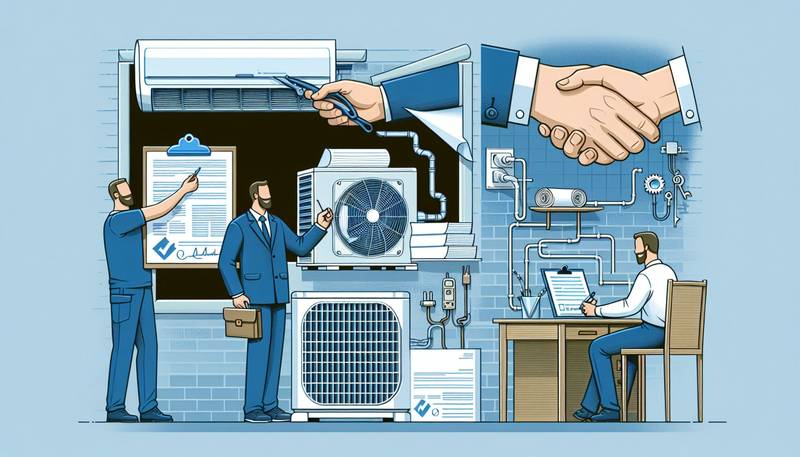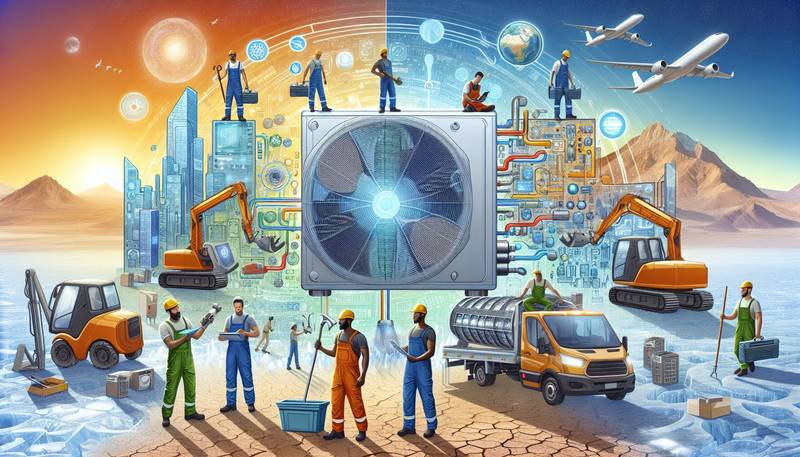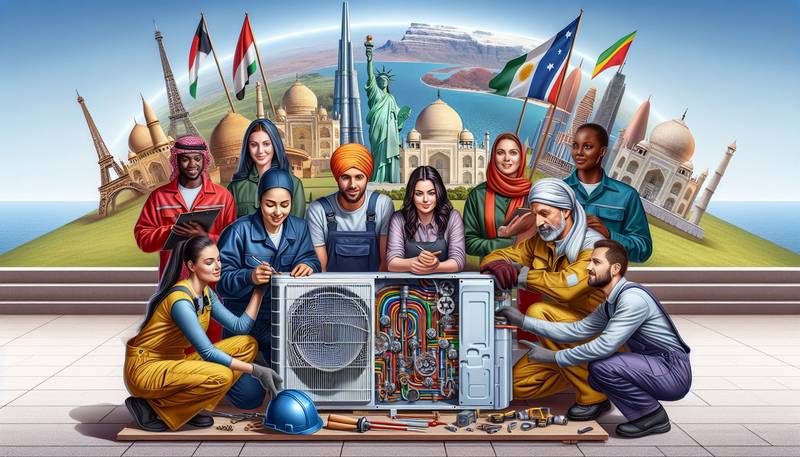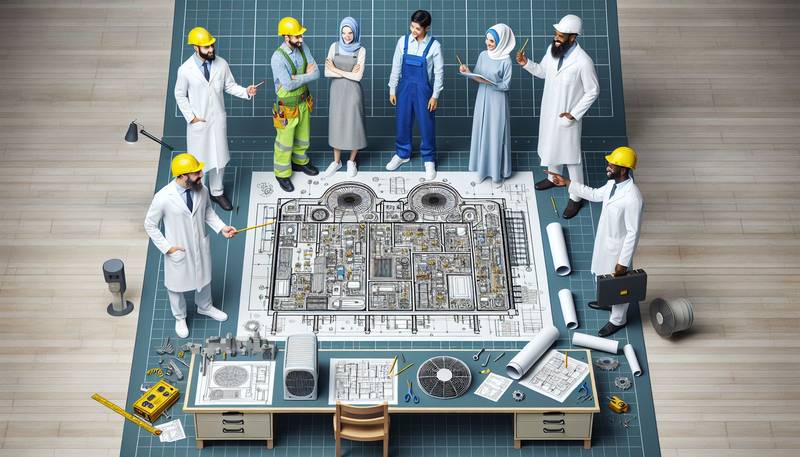Airflow Experts: The Life and Work of Air Conditioning Professionals
In this article, we will delve into the life and work of these dedicated individuals who are essential in keeping our indoor environments cool and comfortable.
Education and Training
Becoming an air conditioning professional typically requires a combination of formal education and on-the-job training. Many professionals in this field start by earning a certificate or degree in HVAC (heating, ventilation, and air conditioning) technology from a trade school or community college. These programs provide students with a solid foundation in the principles of HVAC systems, refrigeration, electrical theory, and troubleshooting techniques.
After completing their education, aspiring air conditioning professionals often participate in apprenticeship programs where they work alongside experienced technicians to gain hands-on experience. This on-the-job training is invaluable in helping them develop the skills and knowledge needed to become successful in the field.
Job Duties
Air conditioning professionals perform a variety of duties to ensure that HVAC systems are functioning properly and efficiently. These duties may include installing new systems in residential or commercial buildings, conducting regular maintenance to prevent costly breakdowns, diagnosing and repairing system malfunctions, and upgrading existing systems to improve energy efficiency.
Additionally, airflow experts may also be responsible for designing HVAC systems for new construction projects, calculating cooling loads, selecting appropriate equipment, and ensuring that the system meets building codes and regulations. They must be knowledgeable about different types of air conditioning systems, such as central air, ductless mini-split systems, and heat pumps, to provide the best possible solutions for their clients.
Work Environment
Air conditioning professionals work in a variety of settings, including residential homes, commercial buildings, schools, hospitals, and industrial facilities. They may work for HVAC companies, construction firms, maintenance departments, or as independent contractors. These professionals often work long hours, especially during peak seasons when demand for air conditioning services is high.
The work environment for airflow experts can be physically demanding, as they may need to climb ladders, work in tight spaces, and lift heavy equipment. They must also be comfortable working in varying conditions, from cramped attics to outdoor rooftop units. Additionally, air conditioning professionals must adhere to safety protocols to prevent accidents and injuries on the job.
Skills and Qualities
To be successful in the field of air conditioning, professionals must possess a mix of technical skills, problem-solving abilities, and customer service skills. They must have a strong understanding of HVAC principles and be proficient in reading schematics and blueprints. Attention to detail is crucial, as even minor errors in installation or repair can lead to system failures.
Critical thinking skills are also essential for airflow experts, as they must quickly diagnose problems and develop effective solutions to resolve them. Additionally, good communication skills are important for explaining complex technical issues to clients in a clear and concise manner. Overall, air conditioning professionals must be adaptable, resourceful, and committed to providing high-quality service to their clients.
Conclusion
Air conditioning professionals play a vital role in ensuring that our indoor environments are cool, comfortable, and conducive to daily activities. These skilled individuals are dedicated to designing, installing, maintaining, and repairing HVAC systems to provide optimal performance and energy efficiency. With their expertise and commitment to excellence, airflow experts help us stay cool and comfortable year-round.

